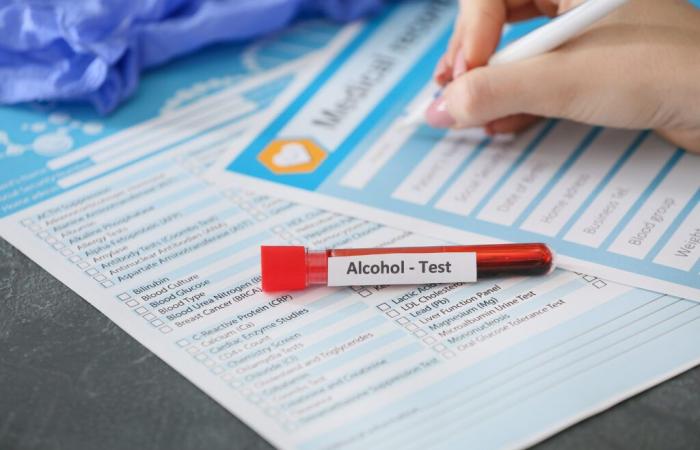The survey covers a broad spectrum of public health topics, including RSV, West Nile and dengue virus infections, dietary practices, etc. and the analysis here focuses on alcohol consumption and knowledge of the public on the dangers of excessive consumption and alcohol dependence.
The authors recall that in the United States, the Centers for Disease Control and Prevention (CDC) have communicated extensively on preventing the risk of cancer through a reduction in alcohol consumption, or even abstinence. This correlation is well documented, the researchers write, by systematic reviews and meta-analyses focused on the association between alcohol consumption and the risk of death from all causes. However, still in the United States, more than half of adults consume alcohol, 17% in excess and 6% at high levels, rates that can be broadly extended to rich countries. These data also show that:
half of the public is aware of the association between regular alcohol consumption and increased risk of cancer.
The study conducted by survey on a nationally representative sample, i.e. more than 1,700 adults reveals that:
- 40% of respondents are aware that regular alcohol consumption increases the risk of cancer;
- 40% of respondents are not sure;
- 20% describe this belief as inaccurate: according to these respondents, either alcohol has no effect on the risk of cancer, or its consumption could even reduce this risk.
In conclusion, there remains ample room for improvement in public awareness (around 60% of the population) of the dangers of excessive alcohol consumption, particularly the risks of associated cancers.
Finally, it is necessary to recall this recent study, even in the case of regular and excessive consumption of alcohol, in the prevention of this risk of cancer, periods of abstinence also count.





